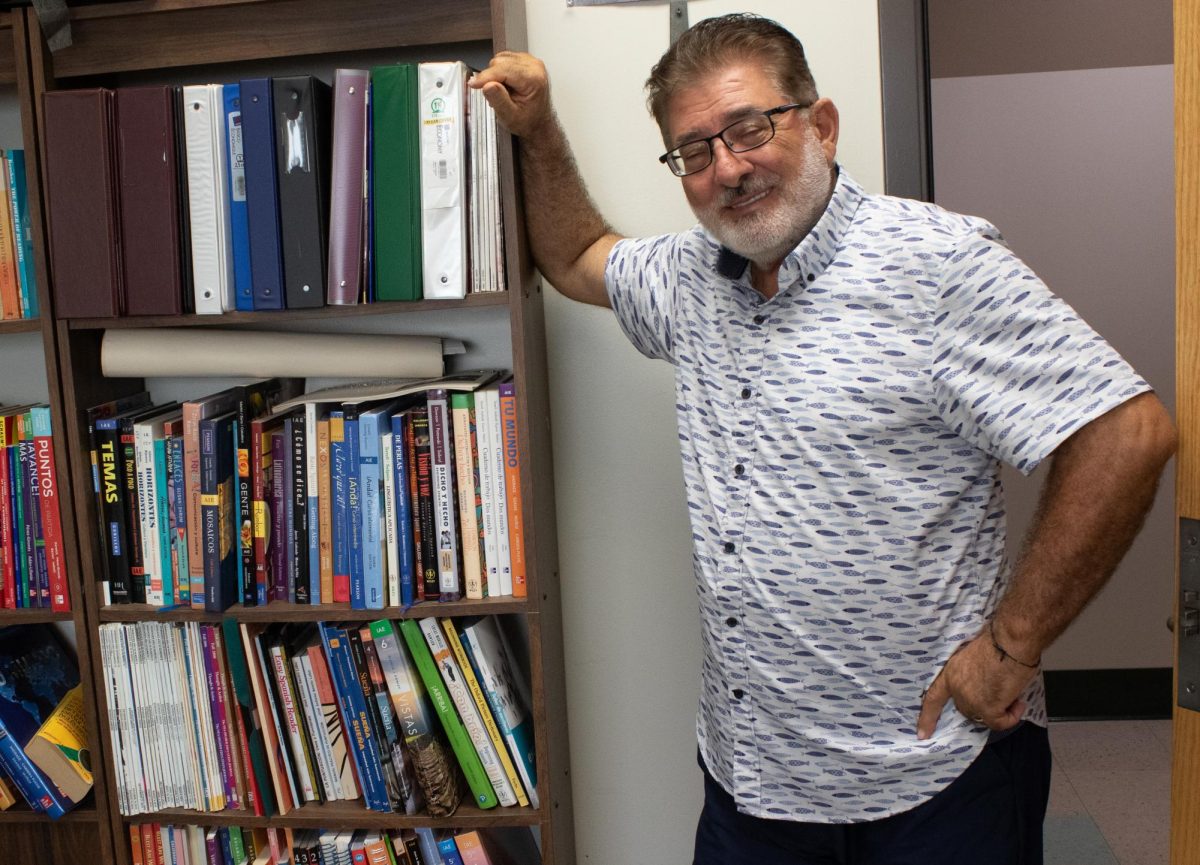CSUS a boo-hoo nation
March 5, 2003
“The only time you worry about a soldier is when he stops bitching.”
Or so insists a gruff lieutenant colonel in the World War II epic “The Thin Red Line.” I was reminded of the phrase recently as I sat listening to a group of classmates commiserate about a massive semester workload thrust on us by one of our professors.
Having eavesdropped on my peers since the day we received our syllabus (a full 11 pages, plus handouts and supplements), I overheard hours of “oh-no-oh-please-no-more-I-can’t-handle-this-it’s-stupid-it’s-way-too-much” testimony revealing seemingly cruel and unthinkable academic atrocities: a six-page paper here, a 10-page paper there, both requiring weeks–if not months–of preparation in the form of off-campus meetings and consultations.
The chatter grew familiar; the sentiment became routine. Increasingly, I began to sense the raw, sour stench of mutiny enveloping the classroom.
And all that time, I thought to myself, “Gee, I sure have done a good job of suppressing my total contempt for these poor, aggrieved souls for whom I have absolutely zero, er, negative sympathy.”
That’s right. Less than zero.
But don’t these students deserve just a little bit of compassion? These are my classmates, after all–my comrades in arms, my colleagues. These are the folks beside whom I am supposed to listen, study and learn. We comprise the best and the brightest of our (aging) generation. We’re expected to collaborate for the sake of some greater universal understanding, right?
Right. Nobody’s ignorant enough to buy all of that.
Nevertheless, I retain enough youthful idealism to believe there is some higher purpose to things like general education requirements of calculus or statistics, or that maybe the school is doing me a favor by making me pass three semesters of a foreign language. I try and look at the class schedule before each semester and think, “Wow, that sounds interesting,” rather than, “Aw, hell now, whicha theez gonna be easy?”
Along with this implicit trust of carefully prescribed academic rigor, I’ve also spent years developing the conclusion that maybe–just maybe–our professors actually have some idea what they’re talking about.
Sure, they walk around disheveled and shrunken and often muttering to themselves, but the most easily attributable characteristic of 100 percent of professors is that, believe it or not, they also attended school at one time.
And when they did–for however many years were required for their course of study–they probably did a hell of a lot more work than any of my fellow undergraduates have ever shaken off in their worst sweaty-jammies nightmare.
Research. Seminars. Theses. Dissertations. They did it. Ask them. They’ll tell you it’s possible.
Hooray for them, right? Not really.
They made that choice, just as we chose today to limp out of bed and play musical parking spaces in sprawling concrete lots bigger than some national parks and miss the elevator and climb the stairs and slouch through this and that lecture and go to work and go home and put off that one paper because oh good heavens it’s gotta be eight pages and still get no sleep and wake up tomorrow and do it all over again.
We make this choice for an education. We don’t have to love it, we don’t have to enjoy it, we don’t even have to appreciate it. But if we want to someday refer to ourselves as college graduates, at some point we have to just shut the hell up and do the work. There is no other way.
Of course, we’re not soldiers; we retain our independence, and we can stand up and walk out of here at any time. This school still expects something of us, however, and if we have any standards at all, we really will walk out if those expectations should ever wane.
In the meantime, I’ve got an 11-page syllabus to try and break down. I guess my classmates can keep bitching, but trust me–I’m not worried, and you shouldn’t be either.
Click here to send private feedback about this article to the State Hornet’s Forum staff.























































































































